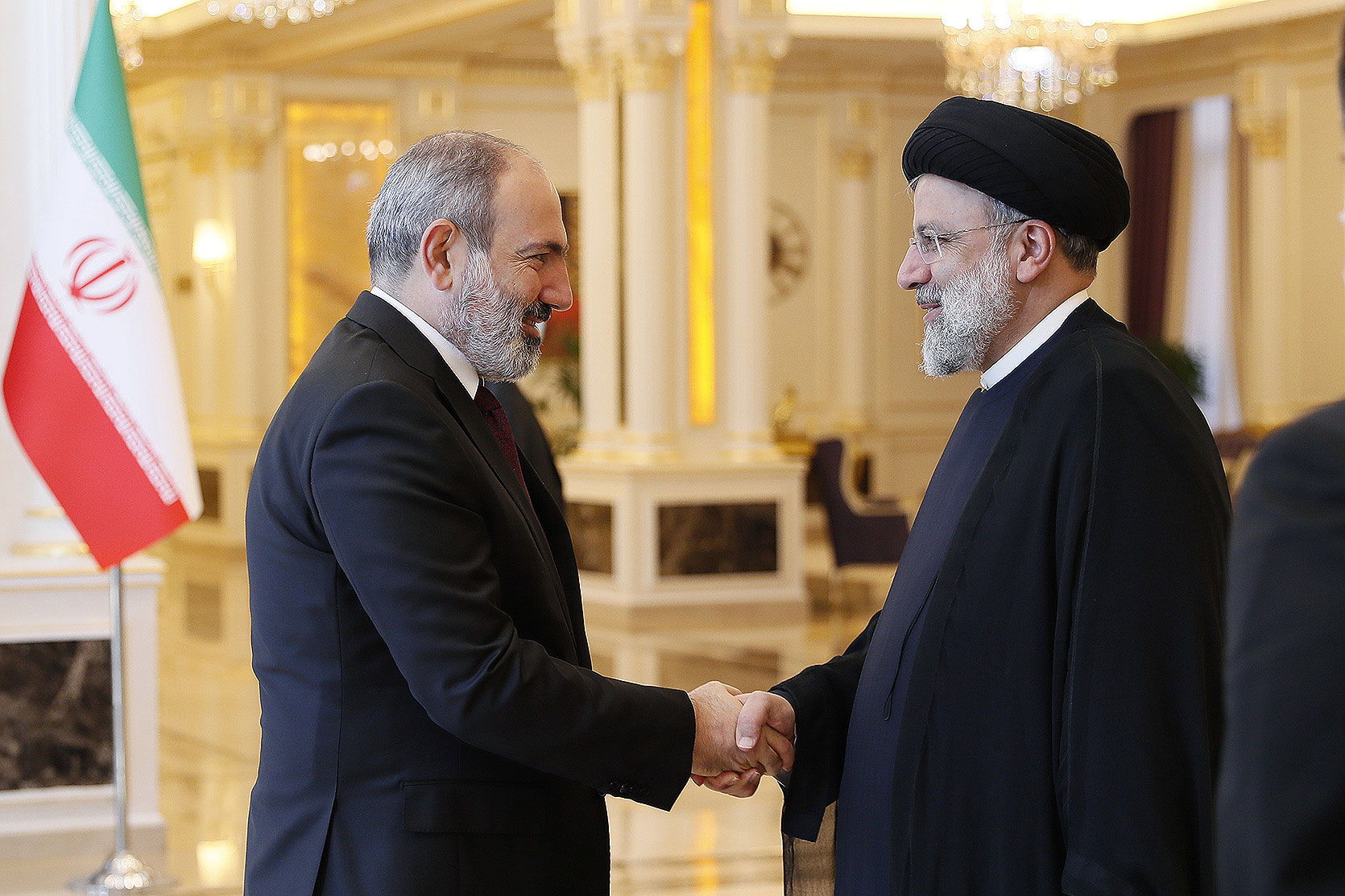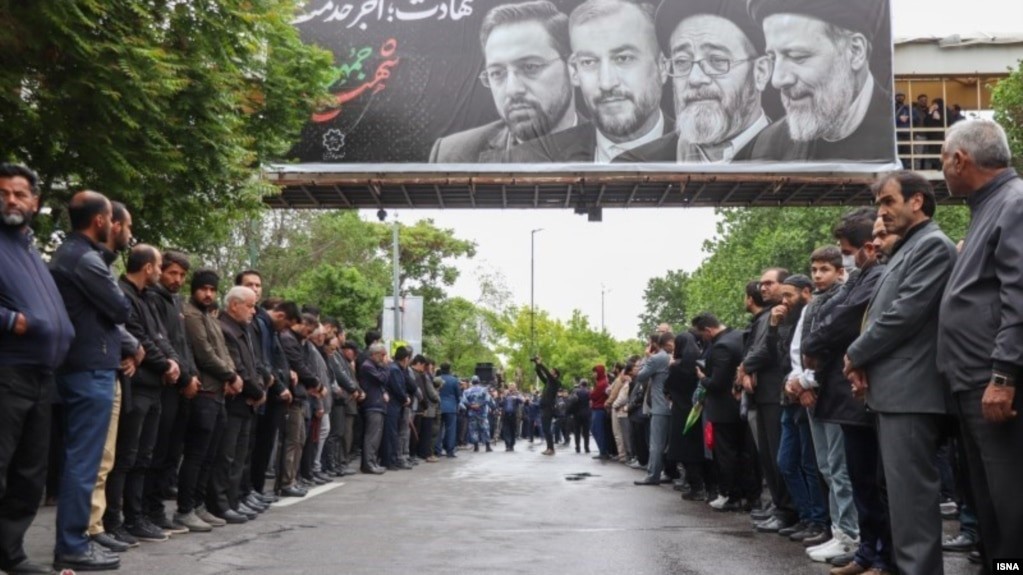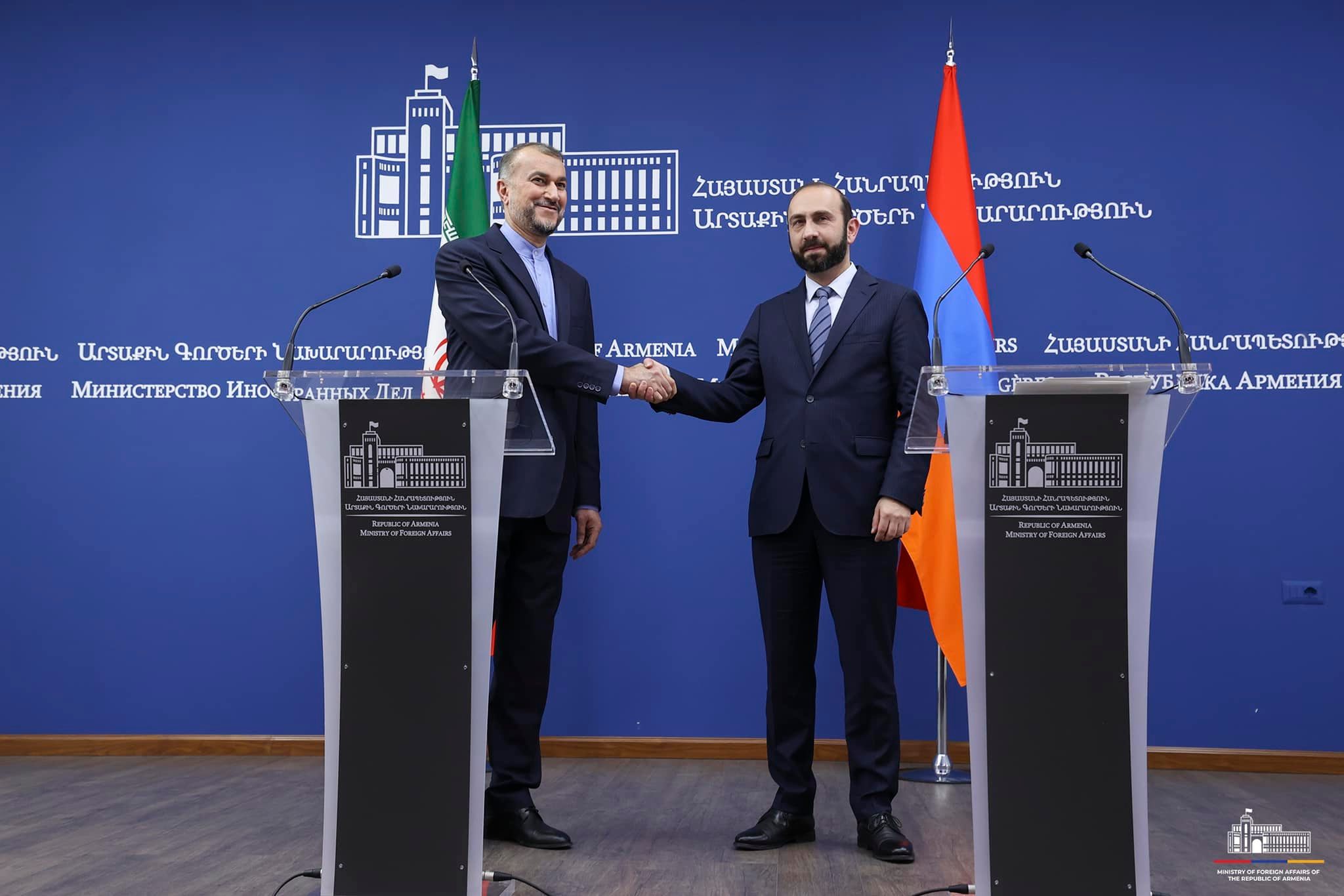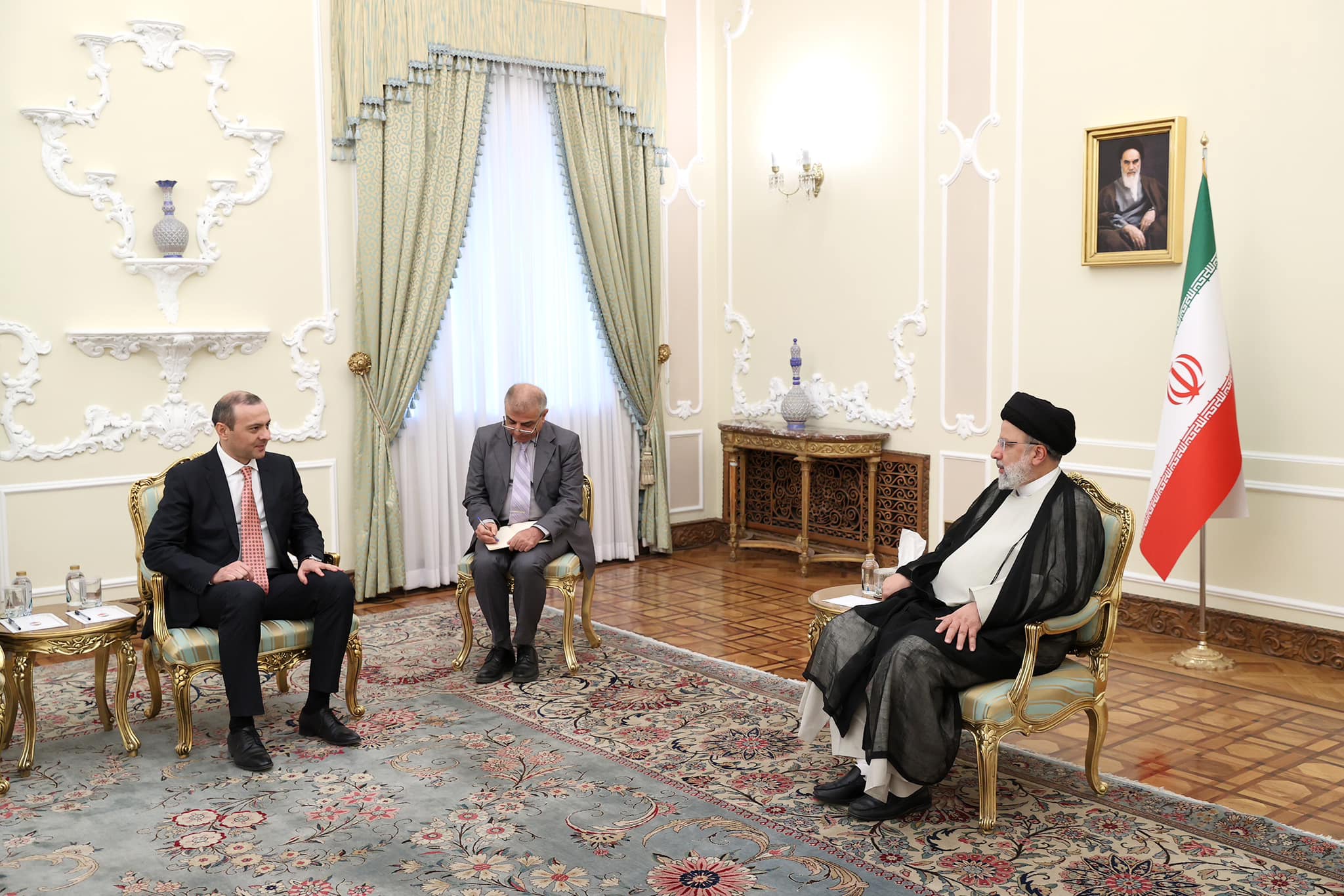
Iran elections and Armenia
“The security and interests of Armenia and Iran are interconnected. This fundamental policy cannot change with a change in government,” assured Mehdi Sobhani, Iran’s ambassador to Armenia.
On the morning of June 28, polling stations opened in Iran for the early presidential elections. In Armenia, three polling stations also opened. One is located at the embassy, another at the Blue Mosque in central Yerevan. These stations serve Iranian citizens residing in Armenia and Iranian tourists. The third polling station is mobile, designed for people with mobility issues and those in detention facilities.
After voting at the embassy, Mehdi Sobhani answered questions from journalists. He touched on Armenian-Iranian relations, emphasized the inadmissibility of “threatening language” towards Armenia from Azerbaijan, and welcomed Yerevan’s official recognition of Palestine.
The 14th presidential elections in Iran were scheduled after former President Ebrahim Raisi died in a helicopter crash. Four candidates are vying for the presidency: Member of Parliament and former Health Minister Masoud Pezeshkian, former Minister of Interior and Justice Mostafa Pourmohammadi, former nuclear negotiator and Khamenei’s representative on the Supreme National Security Council Saeed Jalili, and current Parliament Speaker Mohammad Bagher Ghalibaf.
- Opinion: “Iran must understand it need not fear Armenia’s close ties with the West”
- “Armenia does not create dividing lines in the region” – Pashinyan
- Corridor games in the South Caucasus. What are the stakes? View from Baku
“I hope the election results will promote the development of relations”
The ambassador expressed hope that the results of the early presidential elections will benefit the development of both Iran and the bilateral relations between Iran and Armenia:
“I am confident that Armenia takes the presidential elections in Iran very seriously and is closely monitoring them.”
According to Sobhani, today is a pivotal day for Iran, as its citizens vote for a “strong, progressive, prosperous, and developed Iran.”
“We oppose changes to internationally recognized borders”
The ambassador assured that Iran’s policy towards Armenia is principled, and the incoming governments act accordingly. He emphasized that Tehran’s policy was articulated by the leader of the Islamic Revolution, and this was confirmed during the last official visit by Armenian prime minister Nikol Pashinyan:
“We respect Armenia’s territorial integrity and support it. We oppose any changes to internationally recognized borders as well as any geopolitical changes.”
Sobhani stated that Armenia is an important country for Tehran, “a good and honest neighbor.”
“Threats should not be used”
Responding to a question from Armenian journalists about Baku’s aggressive rhetoric towards Armenia, the ambassador stated:
“If countries express a desire to establish peace and if we talk about peaceful dialogue, they should not use the language of threats.”
Is Iran ready to cooperate with Armenia in the military sphere?
Mehdi Sobhani discussed potential Armenian-Iranian cooperation across various spheres. Regarding military cooperation, he emphasized that it depends entirely on the Armenian government.
The ambassador believes cooperation is possible in any direction and at any level but stresses that it must be based on mutual agreements:
“We have expressed readiness to cooperate based on mutual understanding. We are ready to collaborate with Armenia in all areas that serve the interests of our two countries.”
“Recognition of Palestine was a bold and positive step”
“We welcome Armenia’s position and decision to recognize Palestine and support its people. This is a bold and positive step,” stated the ambassador.
According to him, countries that support Palestine and its people’s rights “are on the right side of history.” Conversely, countries that remain silent on crimes committed against the Palestinian people and believe “Israel acts in self-defense” are complicit in these crimes.



